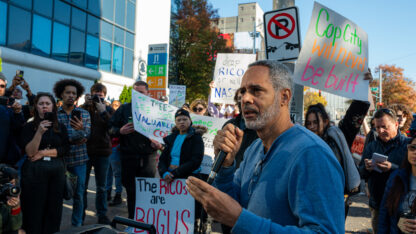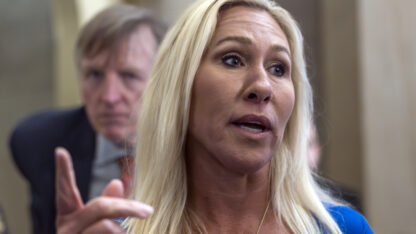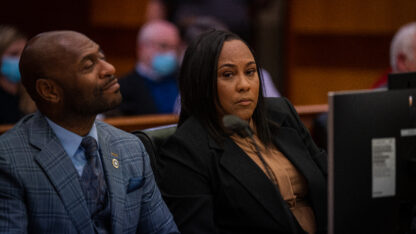911 Directors Want to Restrict Access to “Traumatic” 911 Recordings

An audio version of this story
The president of the Georgia 911 Directors Association wants to change the state’s Open Records Act to restrict access to 911 tapes that might upset the people who hear them.
Greg Whitaker is also director of Douglas County E-911, and he says the idea to limit access came from the 2009 Douglasville floods in which several people died.
News media asked for 911 tapes, but Whitaker felt some of the recordings were just too disturbing for victims’ families to hear on radio or television. “If that was my daughter, or my son, or my mother, or my father, I would not want to listen to that,” said Whitaker.
Whitaker’s draft of the bill uses descriptions including “trauma in progress,” “cries for help,” “pleas for mercy or any type of human suffering” to define what would be subject to restricted access.
Hollie Manheimer of the Georgia First Amendment Foundation says the issue when evaluating what should be available under Georgia’s Open Records Act is the right to privacy against the public’s right to know.
Manheimer says this is not an open records issue. “In terms of the questions and the very valid concerns that are raised, those are something for the media to think about and others who might display that information inappropriately,” said Manheimer. “But in terms of the access/privacy balance, that wouldn’t be a consideration.”
In 2010, the Georgia General Assembly passed the Meredith Emerson Privacy Act which restricts the availability of certain crime scene photos. Whitaker’s work on this issue led to an amendment to the Emerson bill which asked for the kind of restrictions his current draft describes. But the amendment was removed before the bill was passed.
Now Whitaker says he is still looking for a sponsor for a stand-alone bill to address the 911 tapes issue. He hopes to get a sponsor in time to introduce a bill in this year’s legislative session.
9(MDAxODM0MDY4MDEyMTY4NDA3MzI3YjkzMw004))








